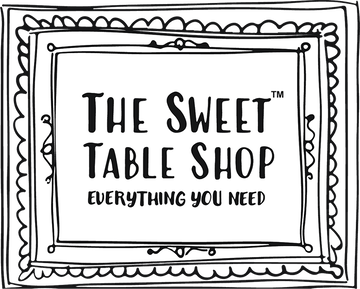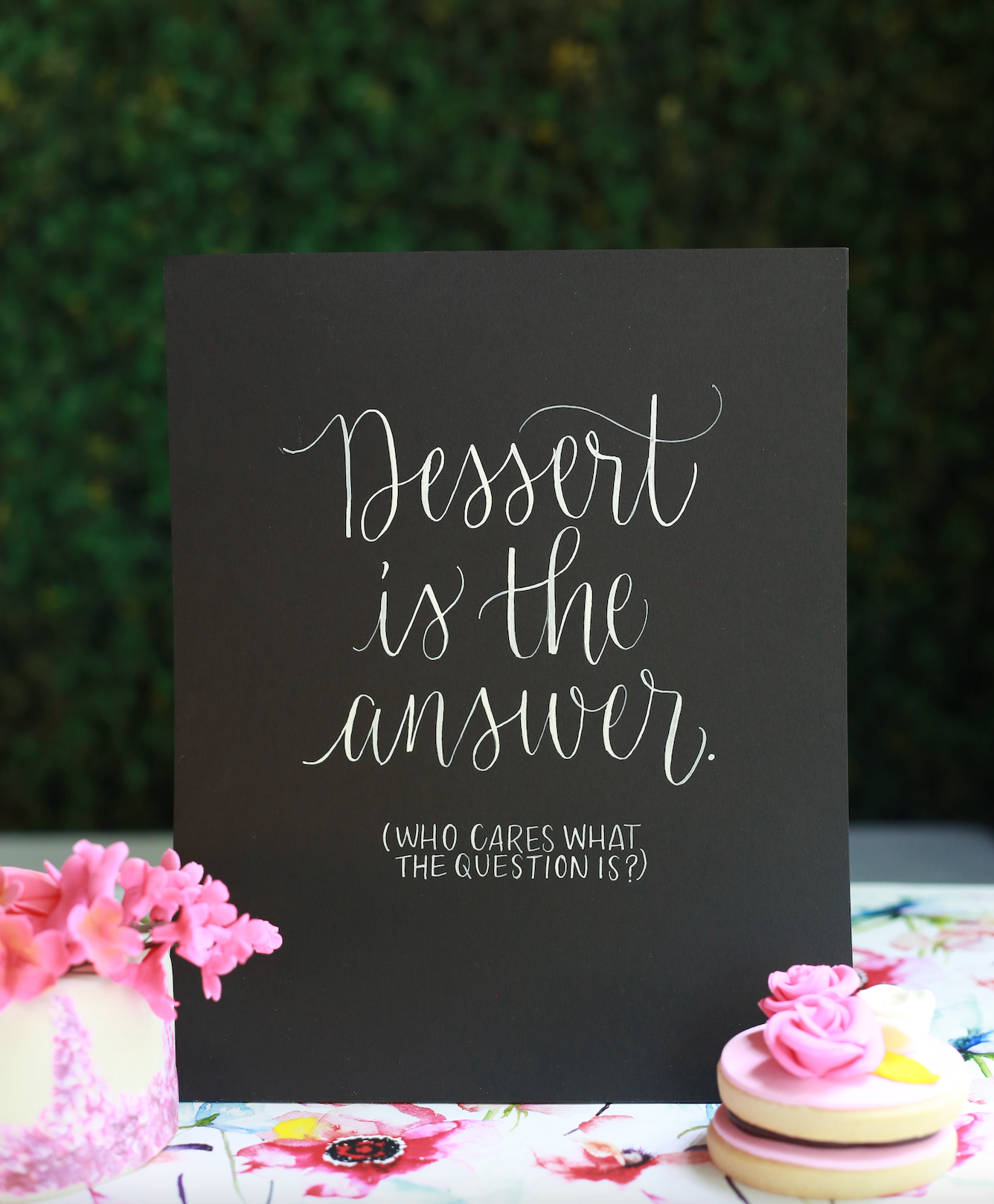Let’s face it—whether it’s a gooey brownie or a perfectly frosted cupcake, desserts have a way of making us stupidly happy. But there’s more to it than just sugar giving us a high. There’s some legit science (and a little magic) behind why sweet treats can turn a bad day around. Let’s dive into some surprising reasons why desserts do so much more than just taste good!
1. Sugar = Brain Fuel? Yup.
Sure, you’ve heard that sugar boosts your mood. But did you know your brain is obsessed with glucose? Yep, sugar is your brain's go-to energy source. When you eat dessert, you’re giving your brain a quick snack, and it responds by flooding your system with dopamine—a.k.a., the happiness hormone. It’s like your brain saying, “Thanks for the fuel! Here’s some joy in return!” Not exactly a bad trade.
2. Sweets Lower Stress Hormones (Seriously!)
Believe it or not, that slice of cake isn’t just satisfying your sweet tooth—it might actually be lowering your stress. A study found that eating sugar can reduce cortisol, the hormone that triggers stress responses in the body. So, next time you reach for a donut when you’re stressed, you’re kind of self-medicating in the sweetest way possible. Just don’t tell your therapist.
3. Comfort Foods Tap into Emotional Nostalgia
Why does dessert feel like a hug in food form? Because it probably is! When we bite into our favorite sweet treat, we’re often reminded of childhood memories: birthday cakes, grandma’s cookies, or those late-night ice cream runs. This emotional link to food provides comfort that goes way beyond taste—desserts are a trip down memory lane that give us a warm, fuzzy feeling.
4. Cultural Sweetness: The Universally Accepted Joy-Bringer
In many cultures, sweets are about so much more than just eating—they’re tied to celebration, luck, and even spiritual well-being. Take for example, the Japanese tradition of enjoying mochi for good fortune or the sweet Turkish baklava served during holidays. Sweets are woven into ceremonies and celebrations across the globe, often symbolizing joy, connection, and prosperity. So, when you bite into something sugary, you’re also taking part in a deep-rooted cultural love affair with desserts.
5. It’s All About the Anticipation (and Science Backs That)
You know that rush of excitement when the dessert menu lands on your table? That’s not just you being obsessed—it’s a psychological response known as “reward anticipation.” Studies have shown that thinking about eating dessert can trigger the release of dopamine in your brain, meaning your body starts getting happy before you’ve even taken a bite. So sometimes, it’s the build-up that makes the sweet moment even sweeter.
6. The Sneaky Social Connection of Sweets
Desserts are secretly the best conversation starters. Sharing a slice of pie or indulging in a dessert buffet at a party gets people talking and bonding. It’s like sweets bring down barriers. You’re more likely to share stories and laugh when there’s something delicious on the table. And since connection boosts happiness, this social dessert ritual actually makes us feel more fulfilled. A little sugar and a lot of laughter? Yes, please!
7. The “Forbidden Fruit” Phenomenon
Ever notice how the idea of “forbidden” treats makes them 100x more exciting? Studies show that when we’re told we can’t have something, we want it even more. So when you finally give in to that cheesecake after trying to resist, it feels extra satisfying. There’s joy in the indulgence—and a little thrill in breaking your own rules.
So, whether it’s the brain’s obsession with glucose, the comforting tug of nostalgia, or the simple joy of breaking your own “no sweets” rule, desserts bring a happiness hit that goes way beyond sugar. Treat yourself—it’s science!
Sweet Regards,
The Sweet Table Shop Gang XO







